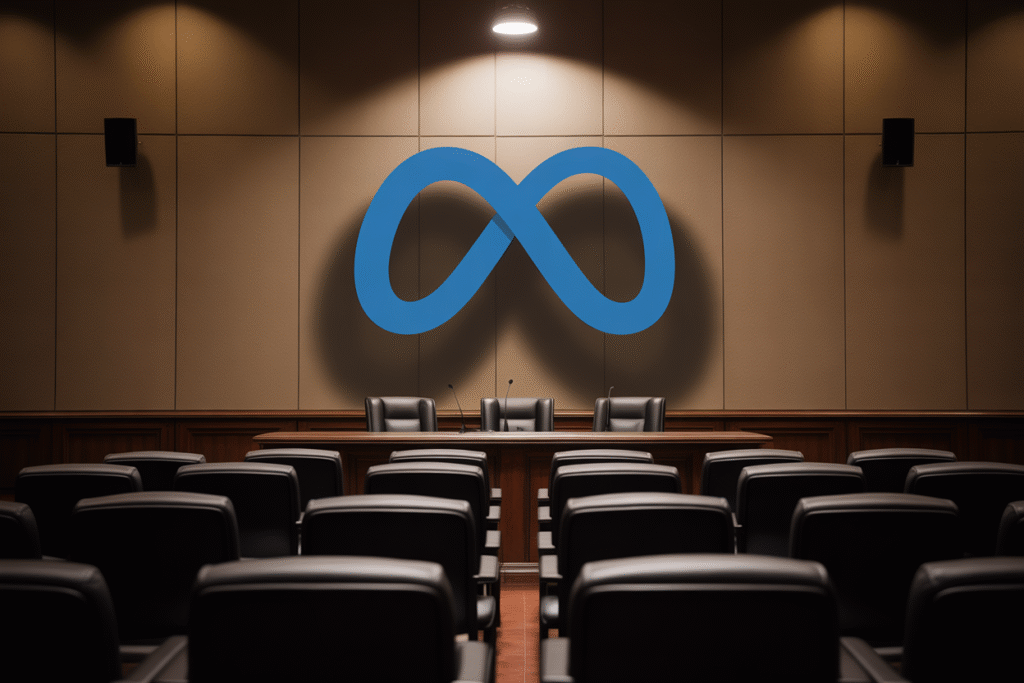Meta just dropped a political bombshell—bankrolling a super PAC to block AI regulation in California. Here’s why it matters.
Imagine waking up tomorrow and discovering that the rules governing artificial intelligence in your state were quietly rewritten overnight—by the very companies that profit from them. That’s exactly what Meta is trying to pull off in California right now. On August 26, 2025, the social-media giant announced a brand-new super PAC, Mobilizing Economic Transformation Across California, armed with tens of millions of dollars. Its mission? Elect lawmakers who promise to keep AI regulation light and friendly to Big Tech. Let’s unpack how this move could reshape everything from your privacy to your paycheck.
The PAC Behind the Curtain
Meta’s new super PAC isn’t just another campaign slush fund. It’s a precision instrument aimed at the 2026 California elections—state legislative races and, insiders whisper, even the governor’s mansion. Brian Rice and Greg Maurer, two of Meta’s most seasoned policy strategists, are steering the ship. They’ve already funneled $518,000 into lobbying this spring and handed nearly $220,000 to pro-business candidates.
Why now? Because Sacramento is flirting with bills like SB 53, which would force companies to open their AI black boxes for public inspection. Meta calls that a “barrier to innovation.” Critics call it basic transparency. The PAC’s war chest—estimated at $50 million—could drown out smaller voices pushing for tougher rules.
And Meta isn’t alone. Uber and Airbnb are rumored to be prepping similar PACs. Picture a future where every tech titan has its own political ATM, ready to print ads, fund rallies, and bankroll friendly candidates. That future starts today.
What’s at Stake for Everyday Californians
Let’s talk real-world impact. Lax AI regulation could mean algorithms deciding who gets a mortgage, who sees a job ad, or even who gets flagged by police surveillance—all without oversight. Supporters argue lighter rules keep California competitive, attracting startups and investment. Skeptics see a recipe for bias, privacy erosion, and job displacement.
Consider three scenarios:
• A facial-recognition system misidentifies a teenager, leading to a wrongful arrest.
• An AI hiring tool quietly filters out older applicants, shrinking their career prospects.
• Smart-city sensors track every movement, selling data to the highest bidder.
Each scenario is more likely if industry-friendly lawmakers hold the pen. Meanwhile, Meta’s PAC ads will probably tout “innovation” and “economic growth,” glossing over the fine print. The question is whether voters will read that fine print before November 2026.
How to Push Back Before It’s Too Late
Feeling uneasy? Good. The antidote to big money is bigger engagement. Start by following bills like SB 53 and AB 71—both aim to set guardrails on AI. Sign up for alerts from groups like Californians for Responsible Artificial Intelligence; they send plain-English summaries and action alerts.
Next, vet your candidates. Check who’s taking money from tech PACs; campaign-finance data is public and searchable. If your local rep is swimming in Meta dollars, ask why at town-hall meetings. Nothing scares a politician like a camera-ready constituent with a tough question.
Finally, spread the word. Share articles (like this one), discuss the stakes at work or school, and vote in every primary—not just the general. Midterm turnout in California hovers around 50%. A few thousand extra informed voters could flip a district and, with it, the future of AI regulation.
Ready to dig deeper? Bookmark this page, share it with three friends, and set a calendar reminder for the next town-hall. The fight for California’s AI future is happening now—and your voice is the one thing no super PAC can buy.


